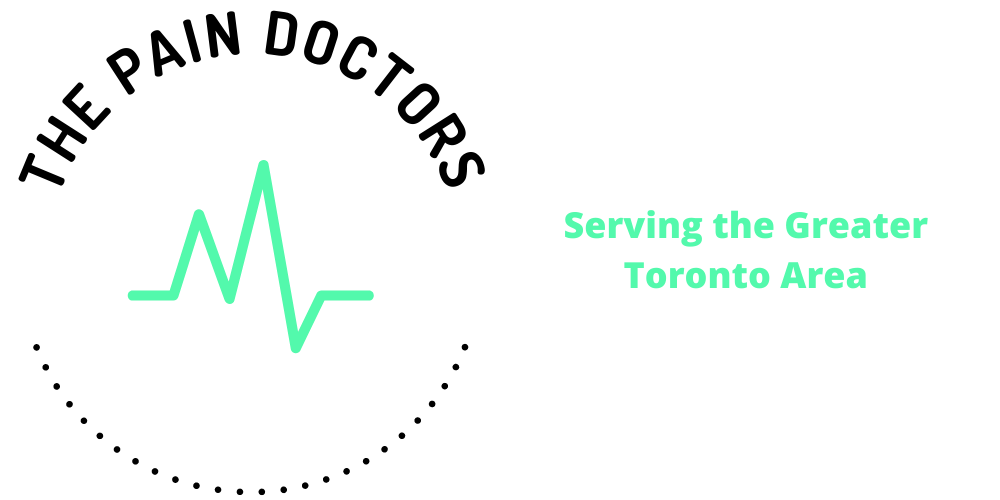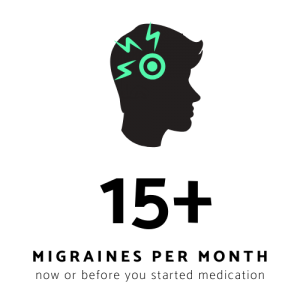What are chronic migraines?
Chronic migraines can have a debilitating effect on people’s lives. Chronic migraine is a distinct and severe neurological disorder, and many chronic migraine sufferers find themselves navigating the healthcare system without an appropriate diagnosis and/or treatment plan. They miss work and school, and spend less quality time with their family and friends. We have treatment options that can help those struggling with chronic migraines get back to living their lives to the fullest.
If you have the following, you are likely experiencing chronic migraines:
• Women are 3 times more likely than men to have a chronic migraine diagnosis • Stress, sleep habits, and diet are important environmental factors of chronic migraines • As with other chronic pain disorders, people with chronic migraines have an increased risk of overusing pain medication
Traditionally episodic and chronic migraines have been treated the same way. There are three conventional drug therapy methods: • Instant Relief: Pain medications that are taken at the first signs of a migraine to reduce the headache component. • Acute: Prescription medications taken to stop a migraine that has already started. • Preventative: Medications that are taken on a regular schedule (usually daily) to reduce the frequency and intensity of migraines. While drug therapies are often effective for people with less than 15 migraines a month, many chronic migraine sufferers don’t get the same positive results. It can take time to find the medication that works for you, and it also takes time to find a balance between positive outcomes while limiting the side effects that come with high medication use.
Our focus at StopMigraine.ca is to help people whose lives are greatly impacted by migraines to find a comprehensive migraine treatment program and improve their quality of life. Our medical team are dedicated headache experts who can help you find an effective treatment plan. Through hands-on management of your medication we will help you find what works. For those who have ineffective results from oral medication, we will discuss Botox as a therapeutic option.
Book your free phone assessment to get started.
Start tracking your migraines
Your migraine diary will help you and your healthcare team find out what works for your treatment plan, including activities and external factors that negatively or positively affect your chronic migraines.
Maintaining a record of your migraines can help:
• your healthcare provider make a firm diagnosis
• you recognise environmental triggers and warning signs
• assess whether your acute or preventative medication is working
To figure out what changes can help reduce the frequency of your migraines, it is helpful to record as many aspects of your day as possible:
• what and when you eat
• medication, vitamins, or supplements you take
• any exercise
• how much sleep you’re getting
• period days, if you’re a woman
• weather and other factors
References
1Bigal ME, et al. Chronic Migraine in the Population. Neurology. 2008;71:559-566.
2Harwood RH, et al. Current and Future Worldwide Prevalence of Dependency, Its Relationship to Total Population, and Dependency Ratio. Bulletin of the World Health Organization. 2004;82(4):251-258.
3Harwood RH, et al. Current and Future Worldwide Prevalence of Dependency, Its Relationship to Total Population, and Dependency Ratio. Bulletin of the World Health Organization. 2004;82(4):251-258.
4Eross EJ. Chronic Migraine and Medication-Overuse Headache. Neurology. 2006;66:E43-E44.



